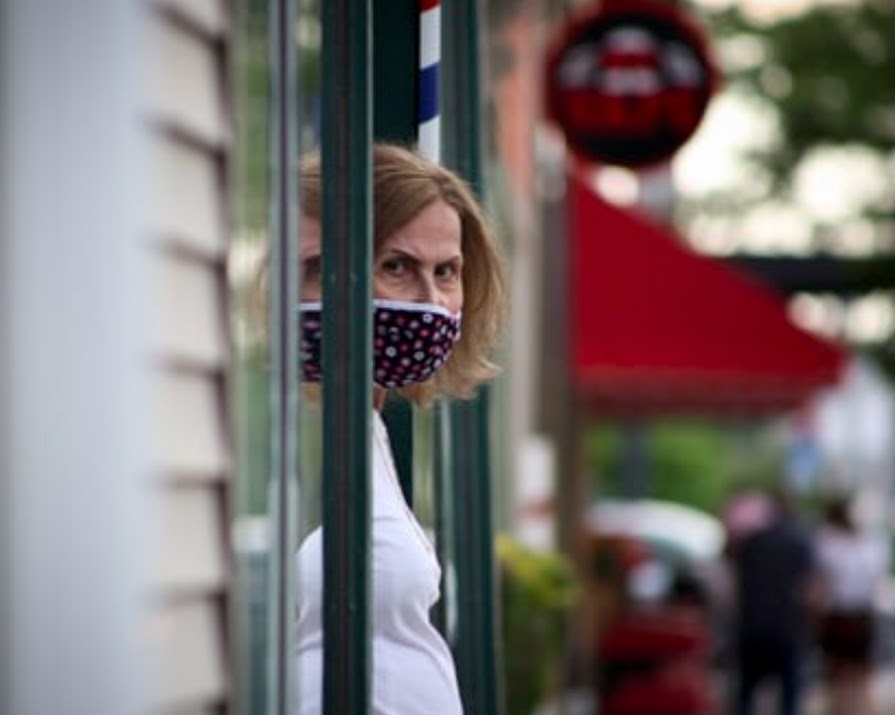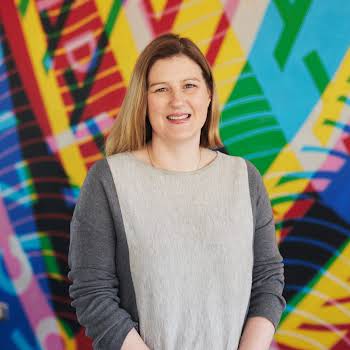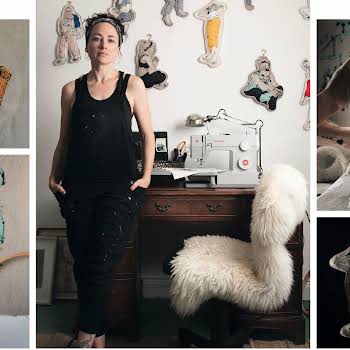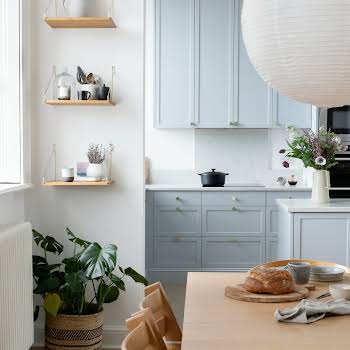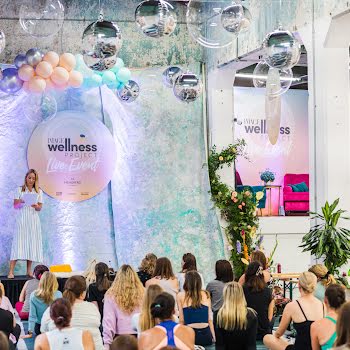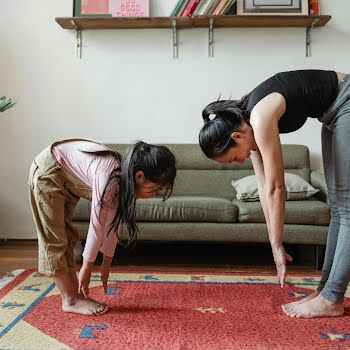
By Amanda Cassidy
02nd Aug 2020
02nd Aug 2020
Past disease outbreaks have shown us that as infection spreads through society it also exposes existing marginalisation. Amanda Cassidy on the toll COVID-19 is taking on women globally.
The hand-painted pictures of rainbows scrawled by school-children are now faded and dog-eared in the windows of homes as we stroll past. That knee-jerk reaction to coronavirus, the stemming of its initial wound, seems like a very long time ago. It is hard to believe that even now, months later, we are still facing the threat of a second wave.
But there are third and fourth waves that we’ve not even considered. And they don’t necessarily involve disease.
As the pandemic spread, many countries implemented tough lockdowns and travel restrictions in a bid to slow transmission. It was a swift reaction based on saving as many lives as possible — to halt the surge of a virus nobody knew much about.
But in doing so, it exposed the gap between how the virus has affected men and women in very different ways. In shuttering so-called non-essential services like reproductive health services around the world, there has been a devastating effect on women. Some of these services include abortion or even contraception (according to reports by Human Rights Watch in Brazil).
This decision not only denied women and girls access to sexual and female health services, but also distanced them from already hard-to-access care, including protection from domestic abuse.
This week the UN Population Fund voiced its concerns over the impact of what it calls a “pandemic within a pandemic”. Head of the organisation, Natalia Kanem, described it to the Lancet as “the skyrocketing of gender-based violence” and calling the situation completely “unacceptable”.
Marie Stopes International (MSI) helps vulnerable women in 37 countries worldwide. It also predicts that the impact of our reaction to COVID-19 on women worldwide is considerably more dramatic than is being discussed.
“The closure of our services could result in up to 9·5 million vulnerable women and girls losing access to contraception and safe abortion services in 2020,” it pointed out in a statement just a few days ago.
That disruption could also result in as many as 2·7 million unsafe abortions and 11,000 pregnancy-related deaths.
Statistically, coronavirus is more likely to kill men than women, but it’s also becoming clear that the broader impacts of this emergency threaten to disproportionately affect women’s lives and livelihoods.
And this is now resonating across all elements of society.
The second shift
Each day we live through the current COVID-era, new examples are emerging of how women are being left behind by the way we’ve responded to the pandemic.
Justine Roberts, founder of Mumsnet this week told the BBC that many women have had to work harder than men when it comes to keeping the show on the road. “It’s no secret that mothers still carry most of the burden of childcare and domestic work in most families. The pandemic has magnified this.” In fact, women are now spending an average of 15 hours more per week than men on domestic labour since March when the emergency was declared.
The economic crisis has had a more devastating effect on women’s jobs too. It is hitting economic sectors where women are overrepresented in the workforce, like accommodation, food, retail, and tourism.
“If policymakers ignore the ways that the disease and its impacts are affecting men and women differently, they risk prolonging the crisis and slowing economic recovery,” explains humanitarian Melinda Gates, who penned an opinion piece on the issue in publication, Foreign Affairs.
“But if they use this emergency as an opportunity to replace old systems with new and better ones, countries can build back more prosperous, more prepared, and more equal.”
This crisis, now slightly more digestible, offers us an opportunity to reassess how things work. To do things better.
Silent toll
Across the world, women’s independence has been a silent victim of the pandemic.
Women’s Aid has also expressed more latent concerns; that social distancing and isolation will be used as a tool of coercive and controlling behaviour by perpetrators — all routes to safety and support a step further away for the most vulnerable.
And if you think about it, this is more than just an extension of social norms — kids need looking after when they are off school for six months, patients need minding, older cocooners need caring for. “Who is paid less?” asked Clare Wenham from the London School of Economics recently. “Who has that flexibility?”
Unless we address the marginalisation of certain cohorts of our society, you can be sure that the gaps will widen
This virus has hit us all in expected ways. And the effects will be felt for decades. The distortion of our health care systems, where the outbreak is prioritised, isn’t sustainable long-term — at least not in our evolved society.

We can’t pretend things like cancer screening, access to female reproductive support, and workplace equality aren’t vital too — especially now, as we learn to live with the threat of the virus day to day.
This crisis, now slightly more digestible, offers us an opportunity to reassess how things work. To do things better. To remind ourselves (and policy-makers) of the true gaps that exist, and that have existed for generations.
The cracks were already there — the over-reliance on women to soak up childcare and elderly care, the presumption that women could always be relied upon to pick up the slack and still “have it all”. A new compassionate outlook is long overdue.
These are worrying times. And unless we address the marginalisation of certain cohorts of our society, you can be sure that the gaps will widen. It is time to finally address the true scale of the distortions, albeit under the dark shadows of this pandemic.
Image via Unsplash.com











